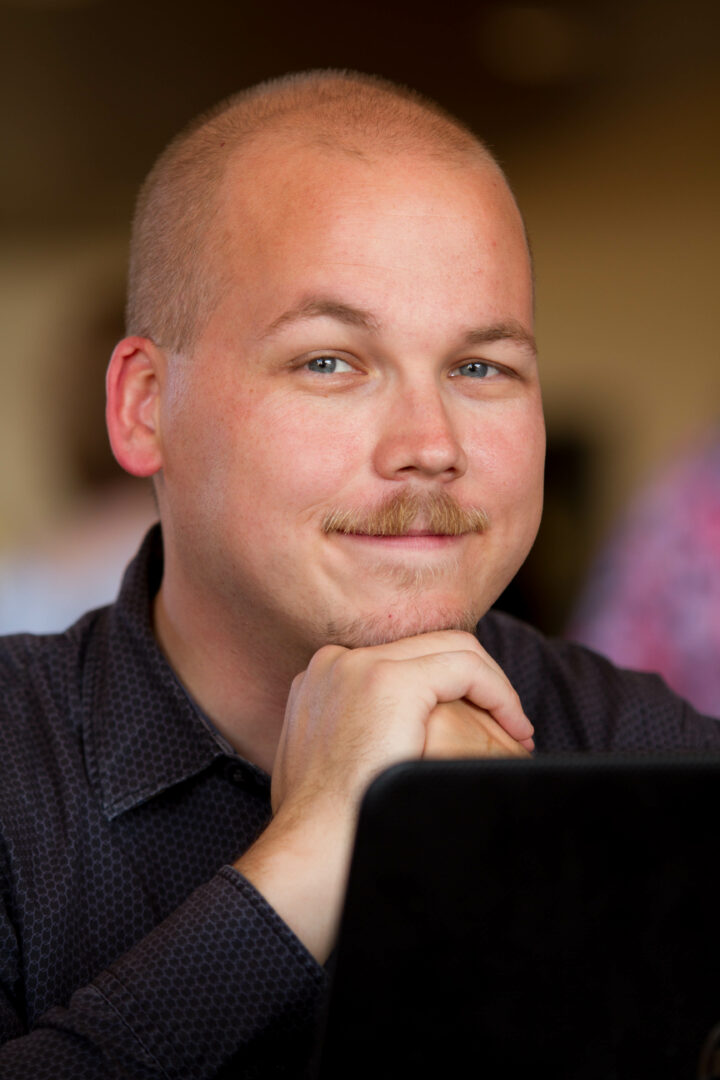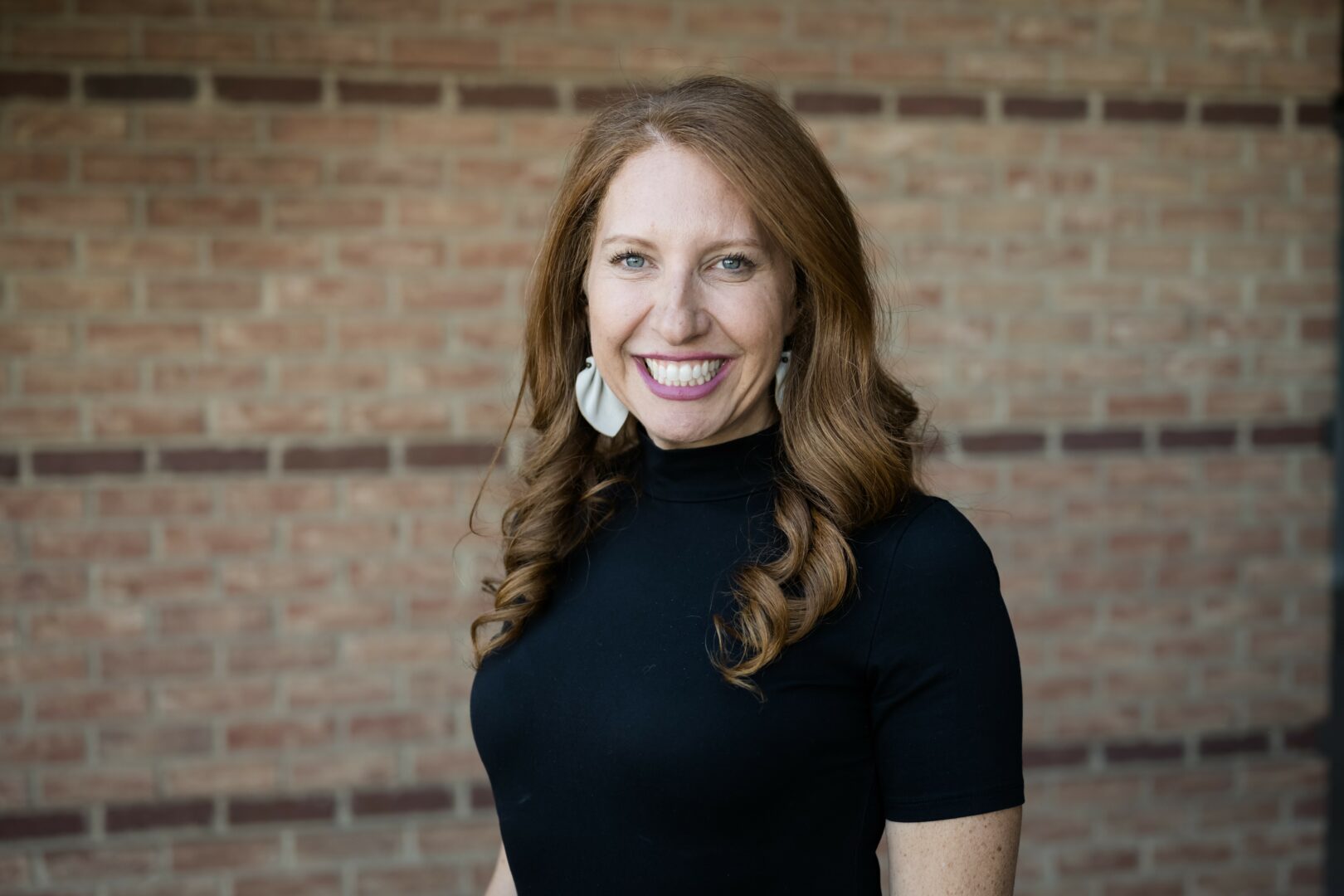We’re looking forward to introducing you to Jon Wasik. Check out our conversation below.
Hi Jon, thank you so much for joining us today. We’re thrilled to learn more about your journey, values and what you are currently working on. Let’s start with an ice breaker: What makes you lose track of time—and find yourself again?
Writing stories.
No matter where my life takes me, no matter what chaos erupts, writing stories has been my anchor since I was ten years old.
Sometimes it’s a struggle to get into it, sometimes it’s a struggle to find the time, especially in the chaos that has become our world. But in those times when I’m able to take my laptop to a coffee shop, sit with a coffee and a snack, and put on some music, everything comes into focus. Before I know it, I’ve written a chapter, or two or three, and hours have passed in the blink of an eye.
The best part? At the end of the day, who I am, and what I believe, is somewhere in those pages. Even when I’m writing characters who are polar opposites of me, I’m still in there somewhere.
Can you briefly introduce yourself and share what makes you or your brand unique?
My name is Jon Wasik, and I’ve been a story teller for as long as I can remember. It started with me just telling wild tales to anyone who would listen, but when I was ten years old, I turned to writing fiction.
Now I’m celebrating ten novels independently-published over ten years! Those stories include the on-going Sword of Dragons saga, a fantasy adventure series with swords, magic, and dragons; the Chronicles of the Sentinels trilogy, a complete urban fantasy story set mostly in Denver, CO; and Project Sirius, a YA sci-fi set aboard a generational ship where technology makes magic seem real, but that technology has begun to fail.
Ten novels in ten years is fantastic, but the way I look at it? I’m just getting started!
Amazing, so let’s take a moment to go back in time. What relationship most shaped how you see yourself?
This may sound cringe or cliche, but stay with me – my relationship with my wife.
For most of my life, I’ve been around people who have been critical of me. Whether toxic family or toxic dating relationships, I’ve always felt the need to hide who I am, and conform to what they told me I should be. Part of that has always been related to being neurodivergent, and masking is a common trait amongst us.
But it also came from growing up around those who showed open disgust towards ‘weirdos’ who didn’t act normal (in other words, neurodivergent), and towards LGBTQ+.
It wasn’t until I met my wife, and was not just allowed to be myself but to explore who I really am underneath all of those layers of protection, that the real me was able to come to the surface.
Because of my wife, I’m a better and happier person, and I’m a better writer. It goes beyond knowing who I am. It’s that I now know WHY I am who I am.
What fear has held you back the most in your life?
Fear of rejection of any kind has held me back more than anything else in my life. Fear of rejection has been there through everything, and every single risk I take, every change, every book I have published, it has involved the same battle every single time.
When I was a child, I was afraid to try to talk to anyone at school, for fear of rejection of any kind, leaving me with very few friends until high school. When I was a teenager, I never once asked someone on a date, because of that fear. After submitting my first short story and having it rejected, the pain of that rejection remained with me for so long that I didn’t try again until I was an adult, and once again after another rejection, it took me years to over come that!
I didn’t really find the courage to finally push past that fear until about twelve years ago. It’s still a battle, a really really hard battle that never ends. But at least now, after a lifetime of doubt, I know why it has been so hard, and maybe my story can help someone else out there who experiences the same thing: for those of us who are neurodivergent, including ADHD or autism on any part of the spectrum, we often suffer from something called Rejection Sensitive Dysphoria. It means when we are rejected, it physically hurts. Badly.
It’s a real thing, and it is often overwhelming. But just knowing it’s a thing, and knowing you’re not alone, helps. And there’s tools to help us push past it.
It’ll always be a battle for me, but every year, I win that battle more and more.
I think our readers would appreciate hearing more about your values and what you think matters in life and career, etc. So our next question is along those lines. What are the biggest lies your industry tells itself?
I think the biggest lie is that rejection by a big publisher means your stories aren’t any good, and that being accepted by a publisher means your stories are good.
First and foremost, what constitutes a good book vs. a terrible book is so incredibly subjective. Even the most widely-celebrated novels, the most popular ones, have one-star reviews or ratings. Every single one of them.
But frankly, who among us haven’t read a book from a trade publisher that we thought was absolute garbage?
Being trade-published isn’t an automatic “I’m the best!” badge. And being rejected isn’t an automatic “I’m the worst…” badge. It has way more to do with what’s trending, what’s viral, and, frankly, what mood the editor is in when they come across your manuscript.
Okay, so before we go, let’s tackle one more area. What are you doing today that won’t pay off for 7–10 years?
This is a bit of a cop-out answer, but writing stories. That’s one of the things anyone who wants to be a writer needs to understand up-front: in most cases, there is no instant win. There is no instant success. Sure there are exceptions, and everyone hears about those exceptions in the form of famous writers. But for most of us?
Being a fiction writer is about building. Constantly.
If you write one book, and one reader finds it and loves it…where do they go from there?
If you write a second book, well then they can find your second book and read that one, too!
Your third book becomes another. It becomes a pattern. It gives them a chance to truly fall in love with your story telling.
Every single book becomes a link in an ever-growing chain. Every single book becomes a part of your legacy.
I’ve published ten novels, but that’s only just the beginning. I’m working on writing two others right now, but I also have the bones of several others percolating, with written notes as ideas come. Every story I’ve written and published started years and years ago as an idea that took time and effort to develop and turn into something fully realized.
It’s an on-going process that never ends, and never pays off instantly.
Contact Info:
- Website: https://jonwasik.com
- Youtube: https://www.youtube.com/kataar
- Other: https://jonwasik.bsky.social
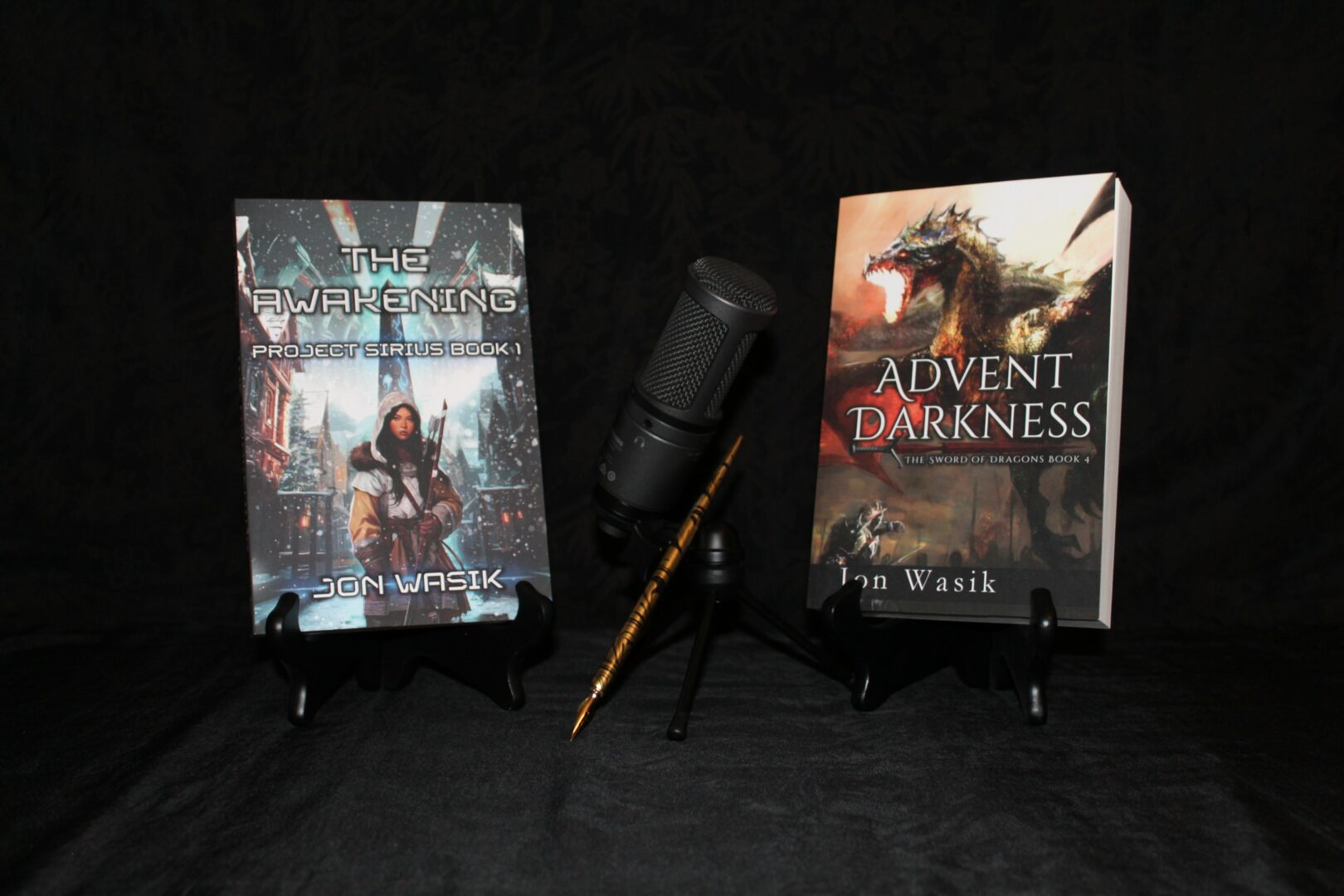
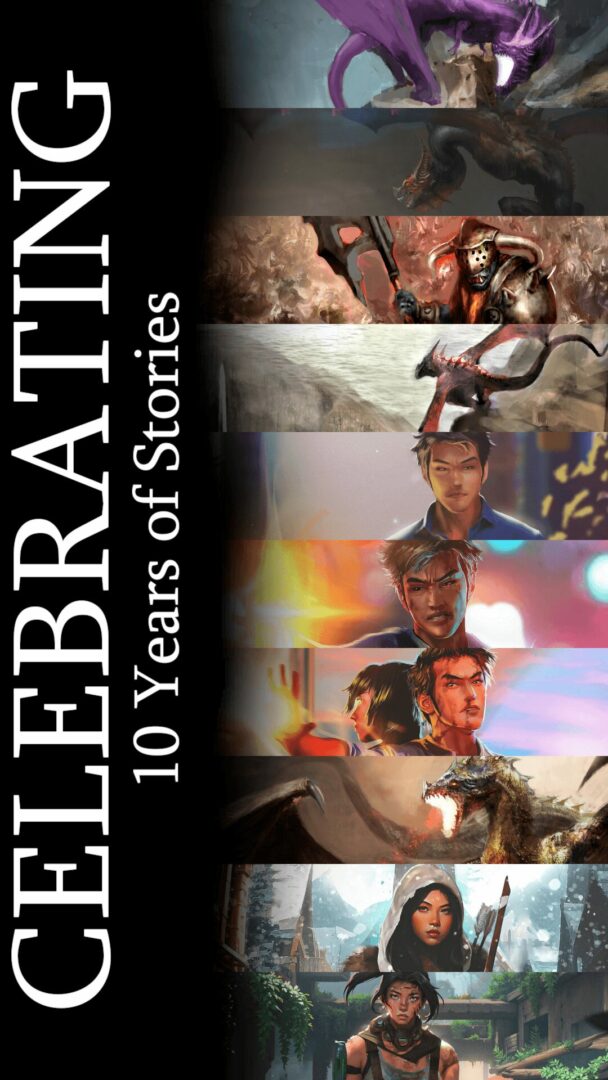
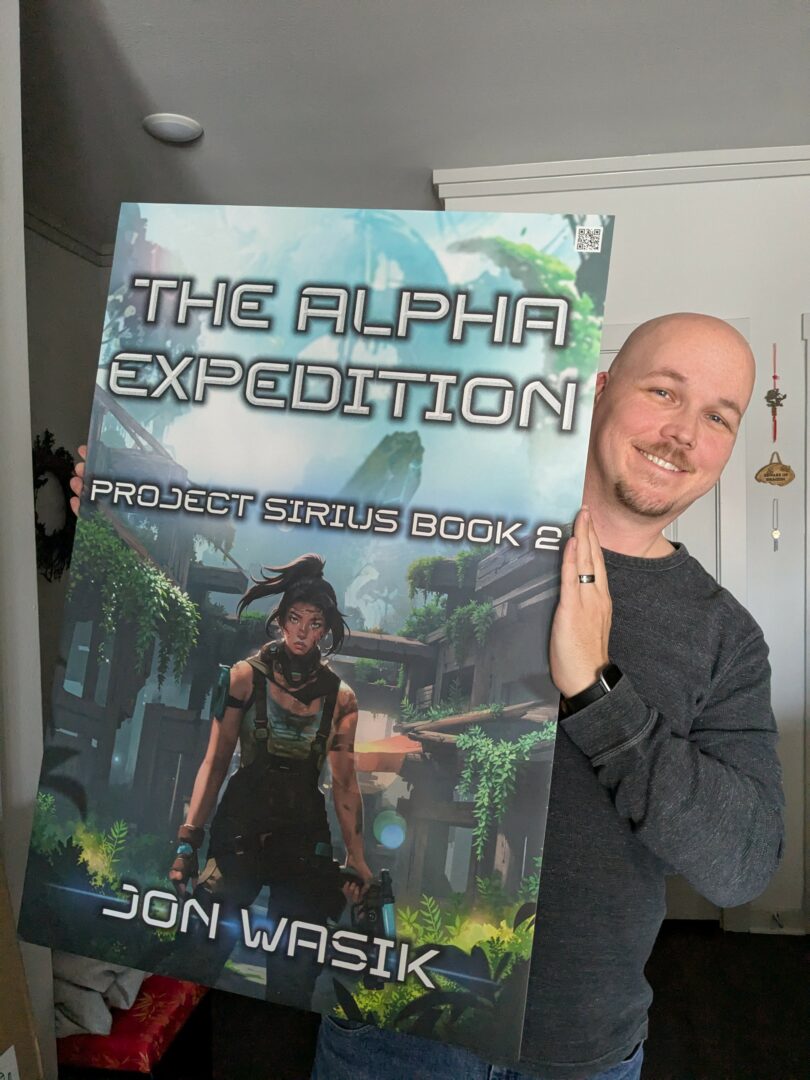
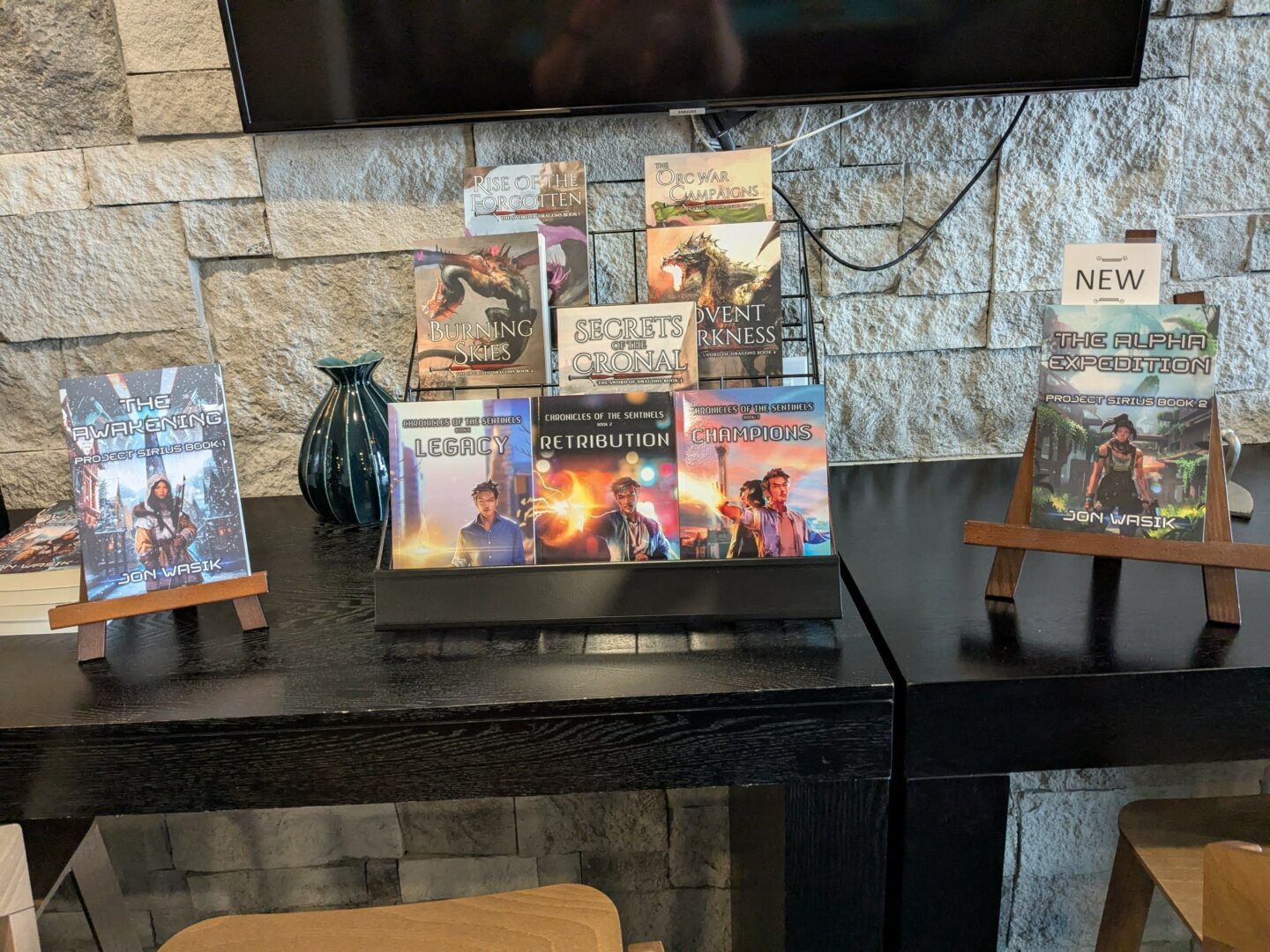
so if you or someone you know deserves recognition please let us know here.

